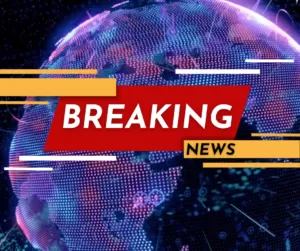BREAKING: FG, Labour Agree On ₦70,000 Minimum Wage

In a significant development, the Federal Government and the Organised Labour have finally reached an agreement on the new minimum wage, settling at ₦70,000. This decision comes after months of intense negotiations and discussions, with both parties meeting multiple times to hash out the details.
The announcement was made by Minister of Information and National Orientation, Mohammed Idris, following a meeting between President Bola Tinubu and leaders of the Nigeria Labour Congress (NLC) and the Trade Union Congress (TUC) at the Presidential Villa in Abuja.
According to Idris, the agreement was reached after considering various factors, including the current economic climate and the cost of living. He stated that the new minimum wage would be reviewed every three years to ensure it remains relevant and fair to all parties involved.
The decision to increase the minimum wage from the current ₦30,000 to ₦70,000 is a significant boost for Nigerian workers, who have been struggling to make ends meet due to rising inflation and the increasing cost of living. The new wage is expected to help alleviate some of the financial pressures faced by many households across the country.
President Tinubu, in his remarks, expressed his commitment to ensuring that the new minimum wage is implemented effectively and that the government will provide the necessary support to the private sector and sub-nationals to meet this new wage. He also promised to use his discretionary powers to address the demands of university unions for unpaid four months’ salaries.
The Organised Labour, represented by NLC President Joe Ajaero and TUC President Festus Osifo, welcomed the decision and commended the government for its willingness to engage in constructive dialogue. They noted that the new minimum wage would go a long way in improving the lives of Nigerian workers and their families.
However, some critics have expressed concerns about the sustainability of the new wage, given the current economic challenges facing the country. They argue that the government must take concrete steps to address the underlying issues that have led to the high cost of living and inflation in the first place.
In conclusion, the agreement on the ₦70,000 minimum wage is a significant step forward for Nigerian workers and their families. It remains to be seen how effectively the new wage will be implemented and whether it will be sufficient to address the financial hardships faced by many.






